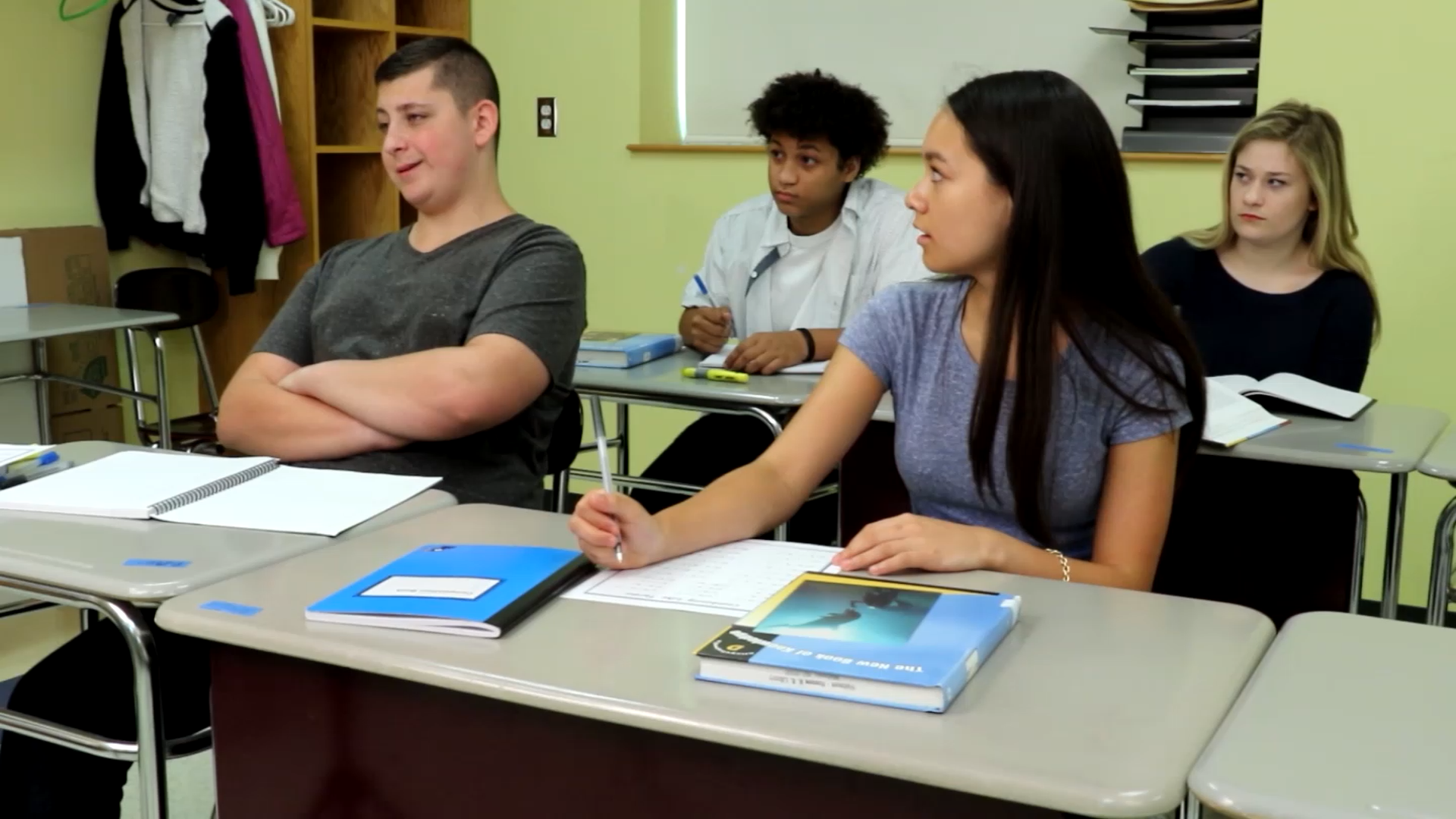
Introduction
Respect is an essential skill for young children to learn, as it helps them develop positive relationships with their teachers and peers. In school, showing respect to adults is crucial for maintaining a productive learning environment. By listening, following directions, and being mindful of their tone of voice, students can demonstrate respect for their teachers and classmates. This blog post will explore an engaging no-prep activity and discussion questions to help educators teach their PreK students the importance of showing respect to adults.
No-Prep Activity: The Respectful Role-Play
This activity requires no preparation or materials from the educator. Begin by explaining to your students that they will be practicing how to show respect to adults through a role-play scenario. Divide the class into pairs, with one student acting as the teacher and the other as the student. Provide the pairs with a simple situation where the student needs to show respect, such as asking for help or responding to a request from the teacher.
During the role-play, encourage students to focus on listening, following directions, and using respectful words and tone of voice. After each pair has completed the role-play, have them switch roles and practice the same scenario again. Finally, bring the class together for a group discussion about the importance of showing respect to adults and how it felt to practice these skills in the activity.
Discussion Questions
- How did it feel to practice showing respect to adults during the role-play activity? What did you notice about your words and tone of voice?
- Why is it important to show respect to our teachers and other adults in the school setting? How does it affect our learning environment?
- How can we continue to practice showing respect to adults outside of the classroom? How might it benefit our relationships with others?
- What are some examples of respectful words and phrases we can use when talking to adults? How do these words and phrases show respect?
- How can we be mindful of our tone of voice when speaking to adults? Why is this important in showing respect?
Related Skills
Teaching students to show respect to adults is just one aspect of fostering a positive learning environment. Other related skills that can help students develop healthy relationships and effective communication include:
- Active listening: Encouraging students to listen attentively to others and respond thoughtfully can help build trust and respect.
- Empathy: Teaching students to recognize and understand the feelings of others can lead to more compassionate interactions.
- Conflict resolution: Helping students develop strategies to resolve disagreements respectfully can promote a harmonious classroom environment.
- Self-awareness: Encouraging students to recognize their feelings, thoughts, and behaviors can support their ability to regulate emotions and communicate respectfully.
Next Steps
Now that you have learned about teaching PreK students to show respect to adults, take the next step by exploring more resources and activities to support social-emotional learning. Sign up for free samples of skill-based materials and other resources at Everyday Speech. These materials can help you engage your students in meaningful discussions and activities to enhance their social-emotional skills and foster a positive learning environment.

